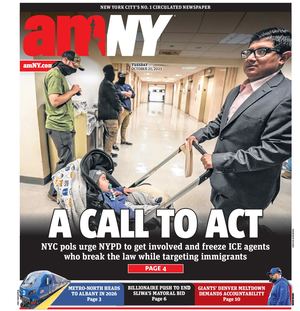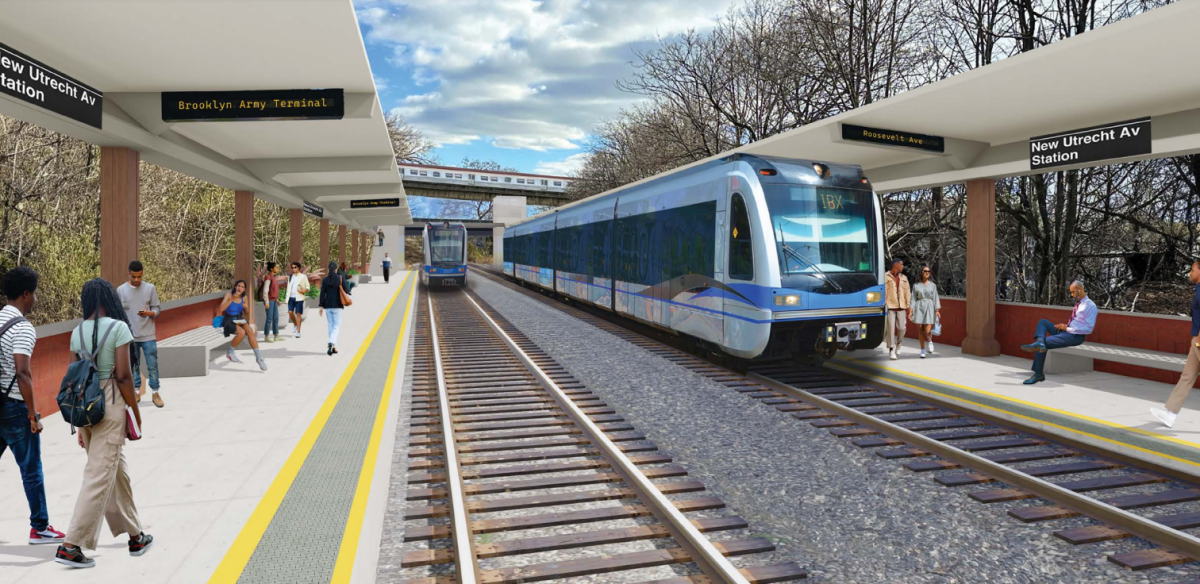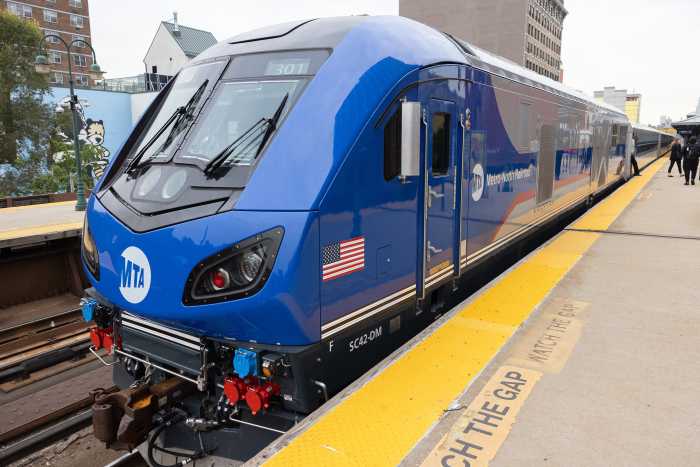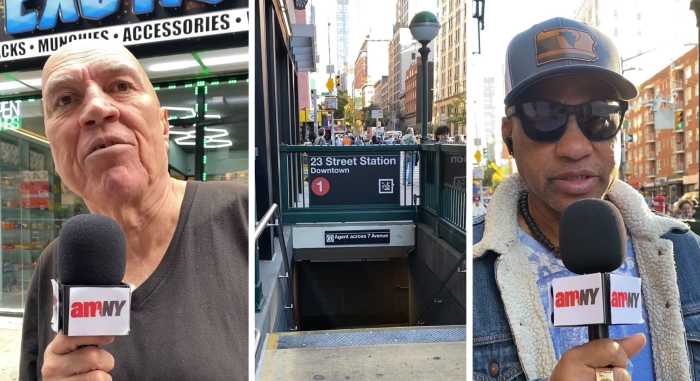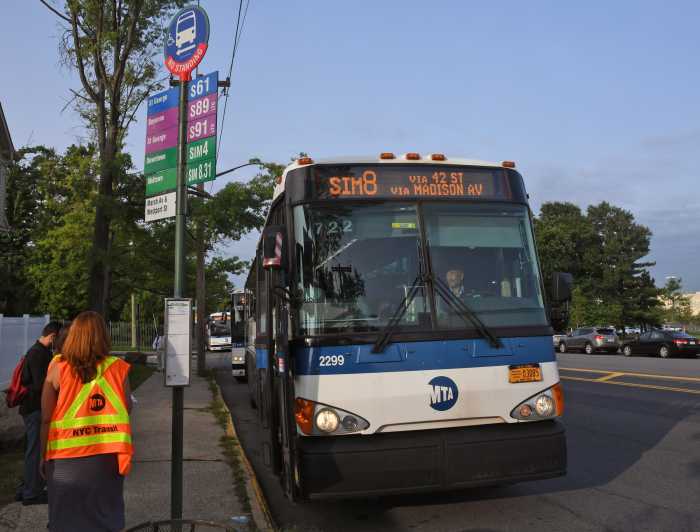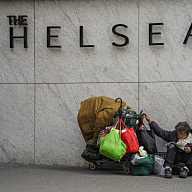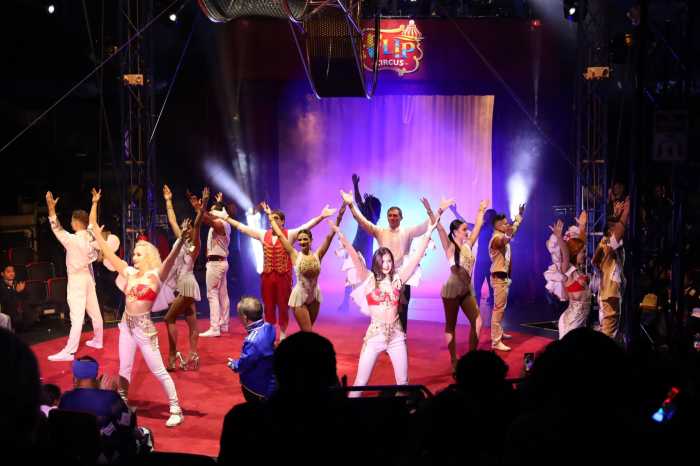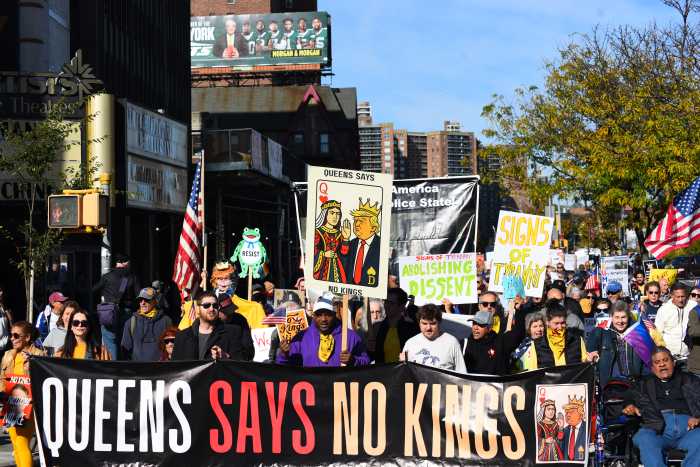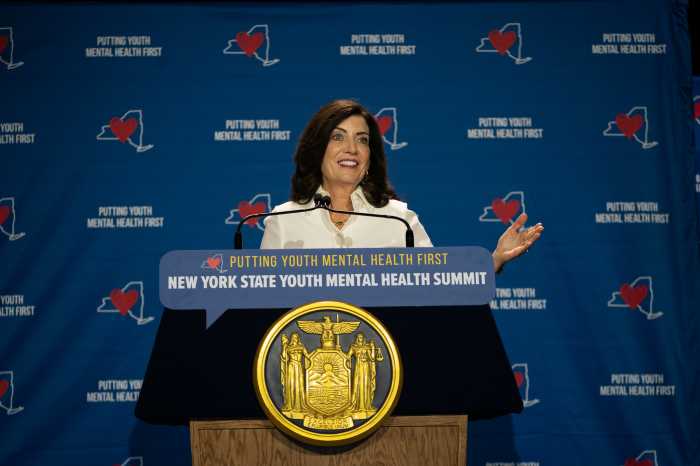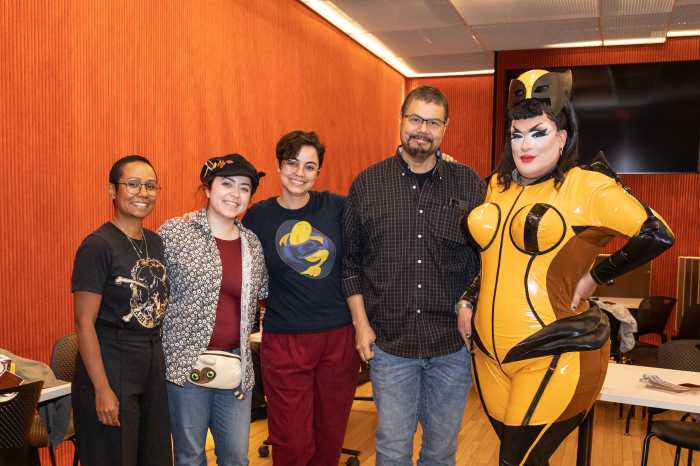The MTA’s financial challenges will create an uncertain future for NYC’s transit system upgrades, with NYC residents and businesses possibly bearing the brunt of a funding shortfall, a new report released on Thursday shows.
According to an analysis by the NYC Independent Budget Office (IBO), the majority of the state-run MTA’s dedicated tax revenues are generated within the five boroughs and nearby. Still, federal and state money is needed to fund the MTA’s 2025-2029 Capital Plan, which has not yet been secured.
The capital plan contains $68.4 billion in planned projects, focused primarily on replacements and upgrades to aging systems. According to the IBO report, NYC will contribute at least $4 billion of that money, with the MTA capital budget gap currently being $33.4 billion. It also states that $35 billion of the plan has already been identified—even though it is not secured yet.
A factor in delaying funding is the state’s Capital Program Review Board, which rejected the MTA’s proposal in December 2024 while it was on a roll to get approved. The report states that the plan can not proceed unless officials address the funding gaps.
A lot is at stake for New York public transit users and taxpayers. The report uncovers that without the full funding of the plan, much-needed updates to the system’s infrastructure could be delayed, possibly resulting in more breakdowns and slower service.
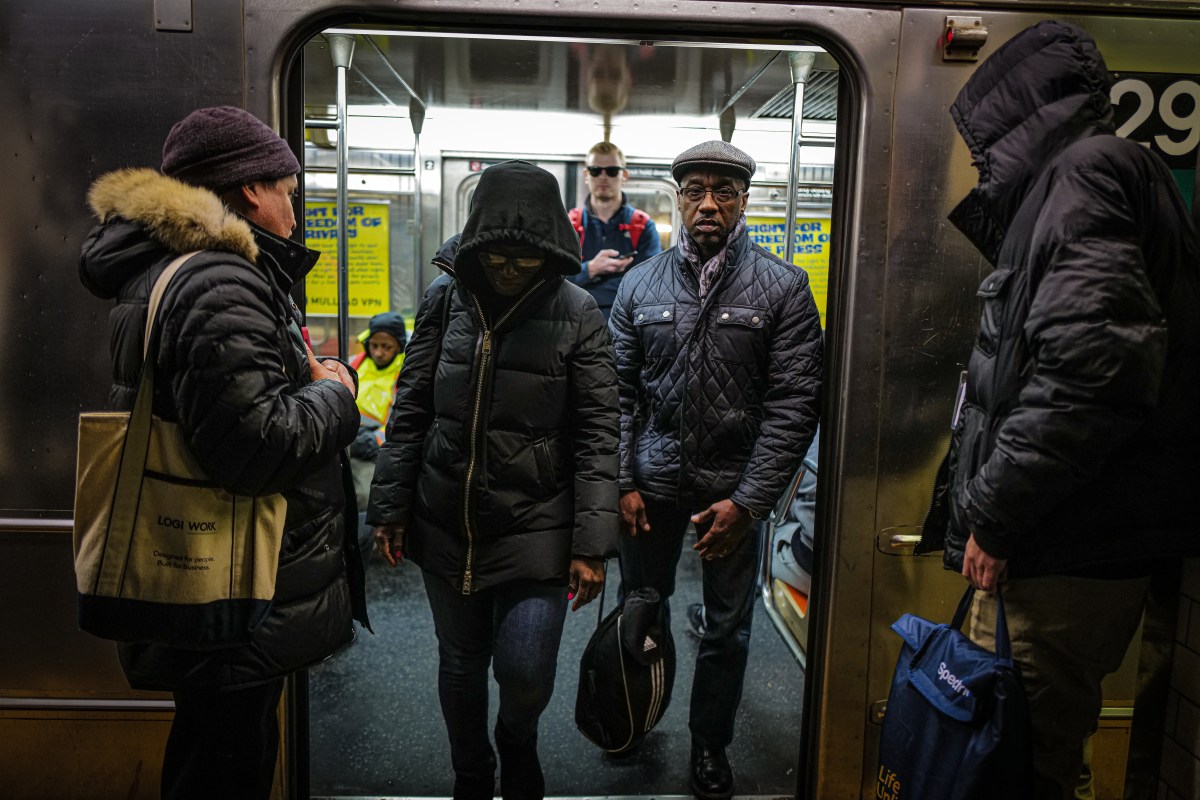
“With new federal funding unlikely to fill the gap, the state will need to choose a careful balance between broad-based state aid, MTA debt, and burdening the city further,” the IBO report notes. “Otherwise, the MTA will need to shrink its capital investment plans—deferring critical maintenance to an aging but essential transit system.”
Meanwhile, progress on notable infrastructure projects is uncertain, including the Interborough Express, a light rail project that would connect Bay Ridge, Brooklyn, to Jackson Heights, Queens.
The capital plan has $2.75 billion allocated for the popular project, which the MTA assumes would come from federal grants, according to the IBO report.
Although the MTA is actively asking Albany to identify $33.4 billion in new capital funding, it might ultimately be forced to shrink its capital investment plans or ask NYC for more money.
John McCarthy, MTA chief of policy and external relations, underscored the importance of the agency’s funding.
“The transit system is like air and water to the City of New York and we appreciate the Independent Budget Office emphasizing what we and others have been saying – funding critical state of good repair work is essential to ensuring riders can continue to rely on the system for many years to come,” he said.
Danny Pearlstein, policy and communications director at the Riders Alliance urged NYS Gov. Kathy Hochul and other state legislators to make a deal to support public transit in the city.
“New York’s future hinges on restoring a secure foundation for our buses and trains, which are aging and ailing after generations of deferred maintenance,” he said. “By design, New York’s governor controls the MTA and drives the state’s budget process.”
Pearlstein also highlighted the importance of infrastructure updates to the much-used transit system.
“Millions of public transit riders need Gov. Kathy Hochul and legislative leaders to make a deal this year,” he said. “With $2.2 billion in sustained new revenue, New York can stay on track to keep fixing the subway and investing in good jobs and reliable commutes.”
Read More: https://www.amny.com/nyc-transit/
